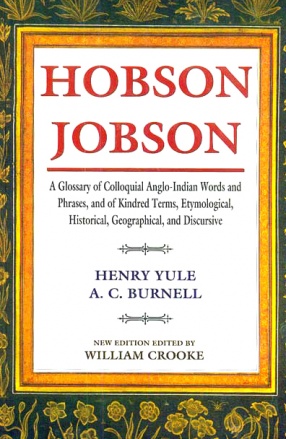
Showing all 6 books
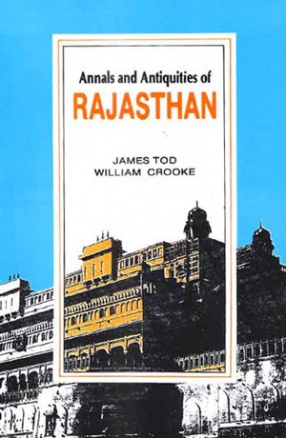
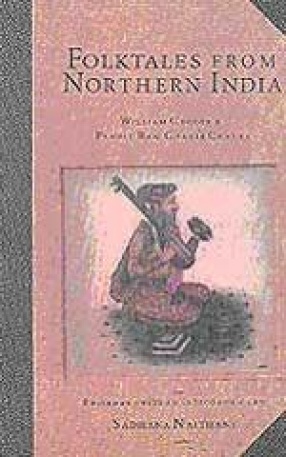


Words of Indian origin have been insinuating themselves into English ever since the end of the reign of Elizabeth and the beginning of that of King James. When such terms as calico, chintz, and gingham had already effected a lodgment in English warehouses and shops, and were lying in wait for entrance into English literature. Such outlandish guests grew more frequent 120 years ago, when, soon after the middle of last century, the numbers of Englishmen in the ...

This work relates to the (erstwhile) Central and Western Rajput States of India. It embodies the results of scholarly investigation into the ethnology of Rajputs, their religious and social practices, their festivals and rites, their legal and political institutions and the merits and demerits of their characters. Herein we get a real portrait of the different aspects of Rajput life: their loyalty, devotion, gallantry, chivalry as also the instability of their ...

Collectors in the nineteenth and early twentieth centuries unearthed a wealth of stories from around the world and published them in English translations for the delight of general readers, young and old. Most of these anthologies have been long out of print. The ABC-CLIO classic Folk and Fairy Tales series brings back to life these key anthologies of traditional tales from the golden age of folkfore discovery. Each volume provides a freshly typeset but otherwise ...

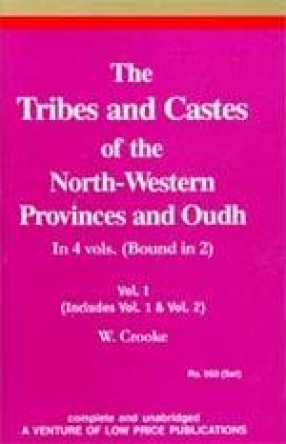
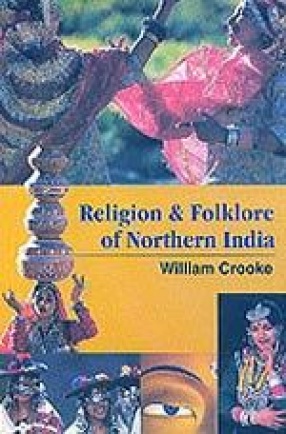
A keen observer of the Indian way of life during his time as the magistrate and collector of revenue in the united provinces of Agra and Oudh, William Crooke's fascinating account of the religion and folklore of Northern India remains as important as it was when it was written in 1926. This detailed account of the religious customs and habits of the peasant folk of the region distinguishes between Brahmanic Gods and village 'Godlings', examining how the people's ...
